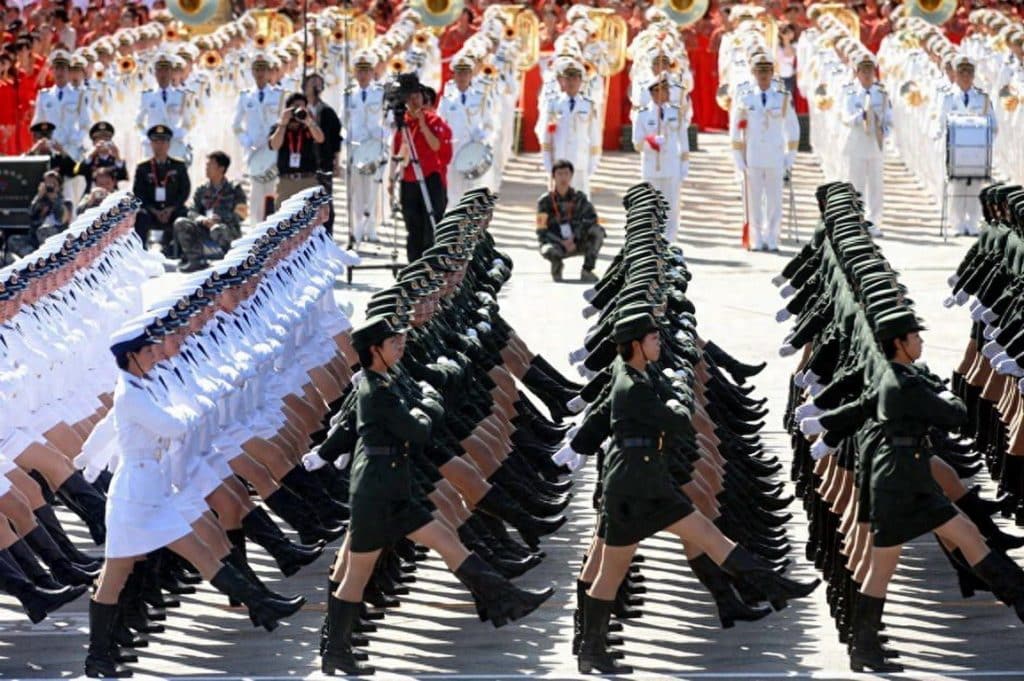On October 6, former U.S. President Donald Trump publicly commented on Japan’s recent election, praising the country’s newly elected first female prime minister. He described her as a highly respected leader with significant intelligence and influence, calling her leadership “good news for the incredible people of Japan.”
At first glance, this appears to be a strong endorsement from the United States. However, for many Japanese citizens, the situation may present challenges. The new prime minister, Sanae Takaichi, is known as a conservative and pro-U.S. figure within the ruling Liberal Democratic Party. She openly admires and relies heavily on cooperation with the United States.
Immediately following her victory, Takaichi confirmed that she would maintain existing trade agreements with the U.S., ensuring that Japan continues its current 15% tariffs and the $550 billion investment plan. There is even potential for additional investment commitments in the near future.

Why Some Analysts See Challenges Ahead for Japan
- Limited Strategic Independence:
If Japan had elected a more neutral leader, it might have balanced cooperation with the U.S. while pursuing economic growth independently. Comparisons with South Korea show the benefits of diversifying partnerships, including strong engagement with China, which has boosted sectors like tourism and domestic spending. - Explicit U.S. Expectations:
Trump’s rare public endorsement signals that the U.S. expects Japan to take a leadership role in supporting American economic and strategic interests. This includes continued large-scale investments and alignment with U.S. policies, potentially putting strain on Japan’s fiscal resources. - Military and Strategic Implications:
Japan may increasingly serve as a financial and strategic partner to the U.S., including hosting additional military assets and personnel. This could reshape regional security dynamics and impact Japan’s autonomy in foreign policy decision-making.

Looking Ahead
While U.S. recognition of the new prime minister is clear, it also highlights the challenges for Japan’s independent development. The new leadership is likely to deepen Japan’s alignment with U.S. economic and strategic interests, which may complicate domestic growth priorities and increase fiscal pressures.
For Japanese citizens and businesses, navigating this period may require adaptation to changing economic and geopolitical conditions. The extent of these challenges will depend on how the government balances foreign obligations with domestic needs, but analysts caution that reliance on external powers could limit Japan’s long-term autonomy.
References:
- Official statements from Donald Trump, October 6, 2025
- Liberal Democratic Party profile: Sanae Takaichi
- Trade and investment reports: U.S.-Japan economic agreements



